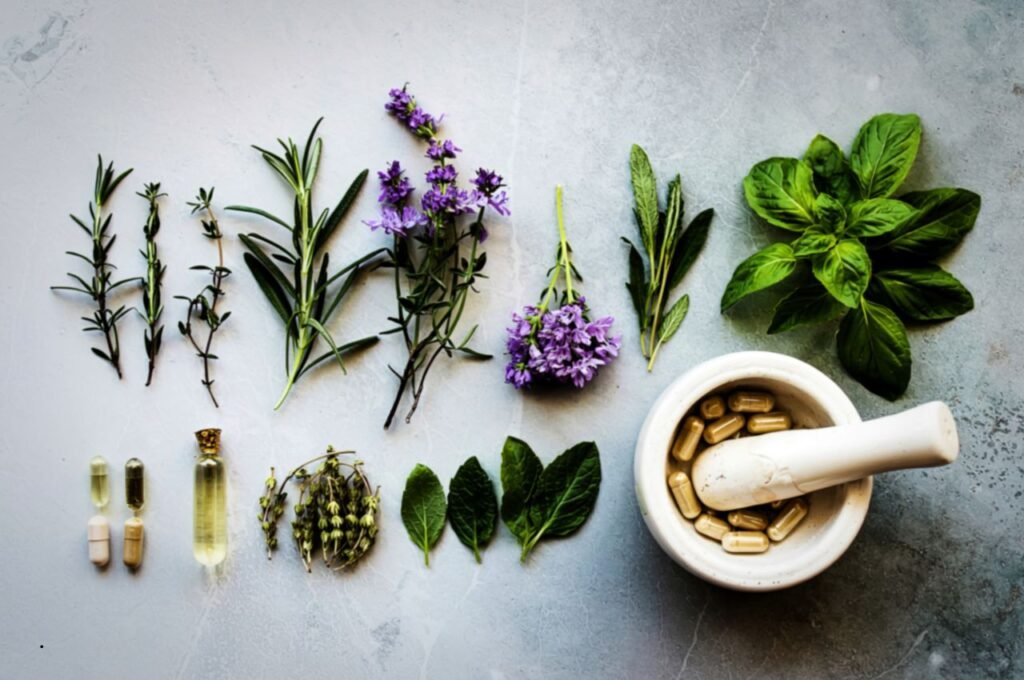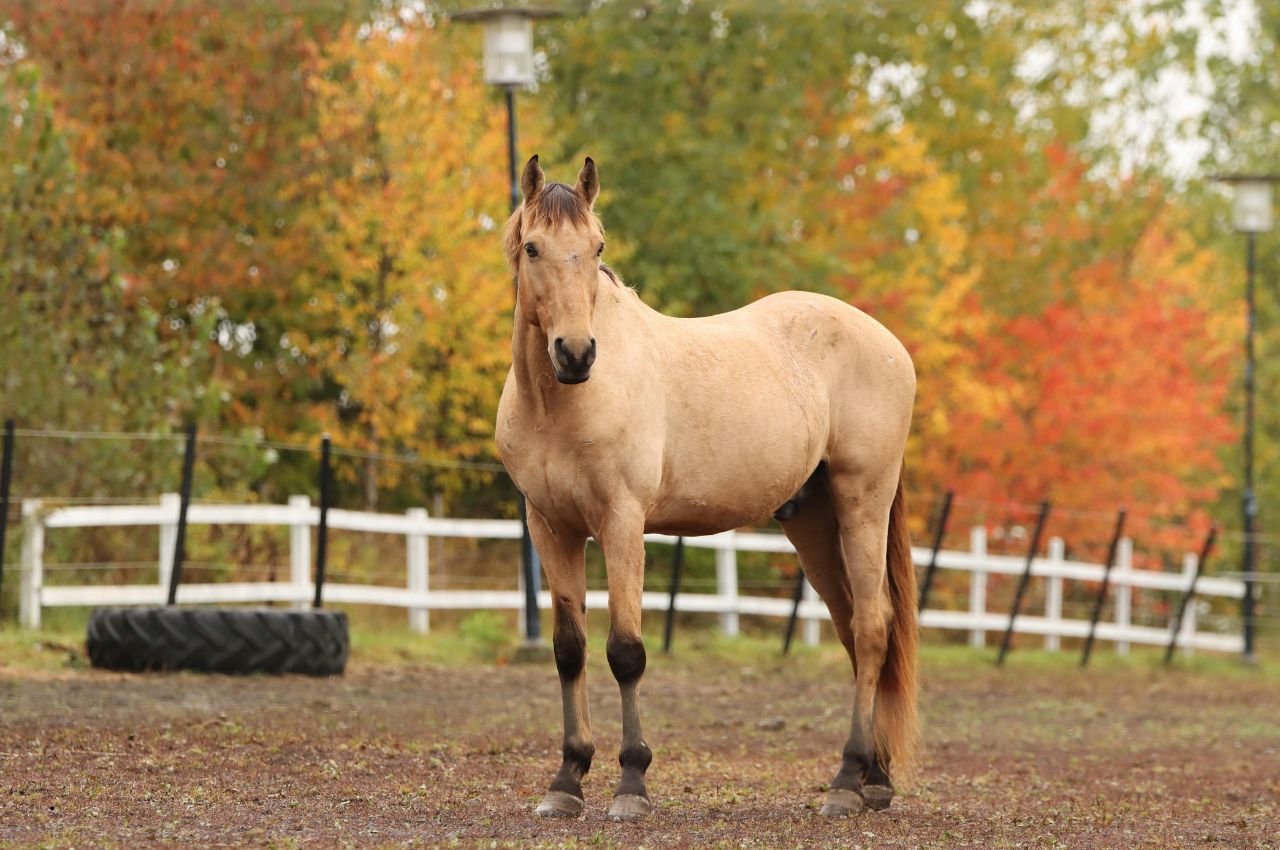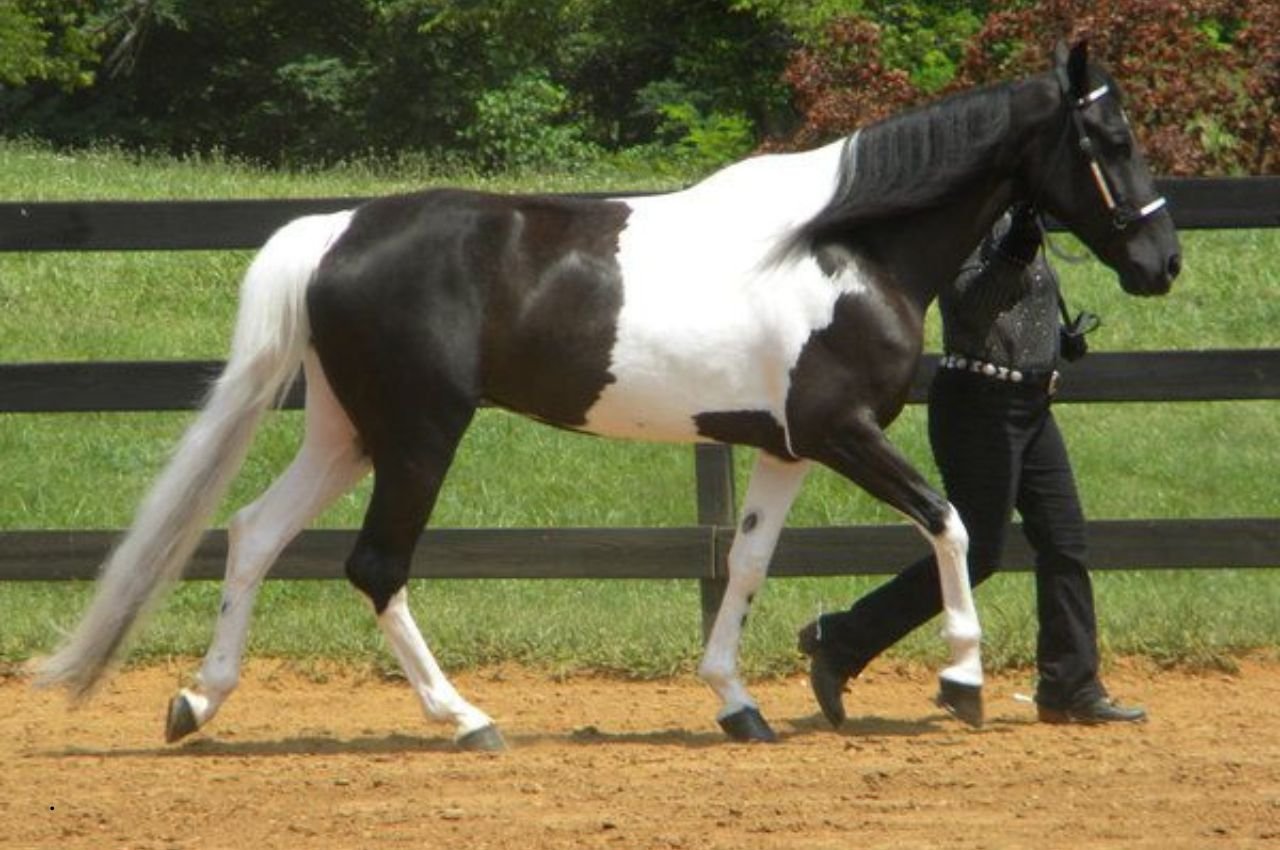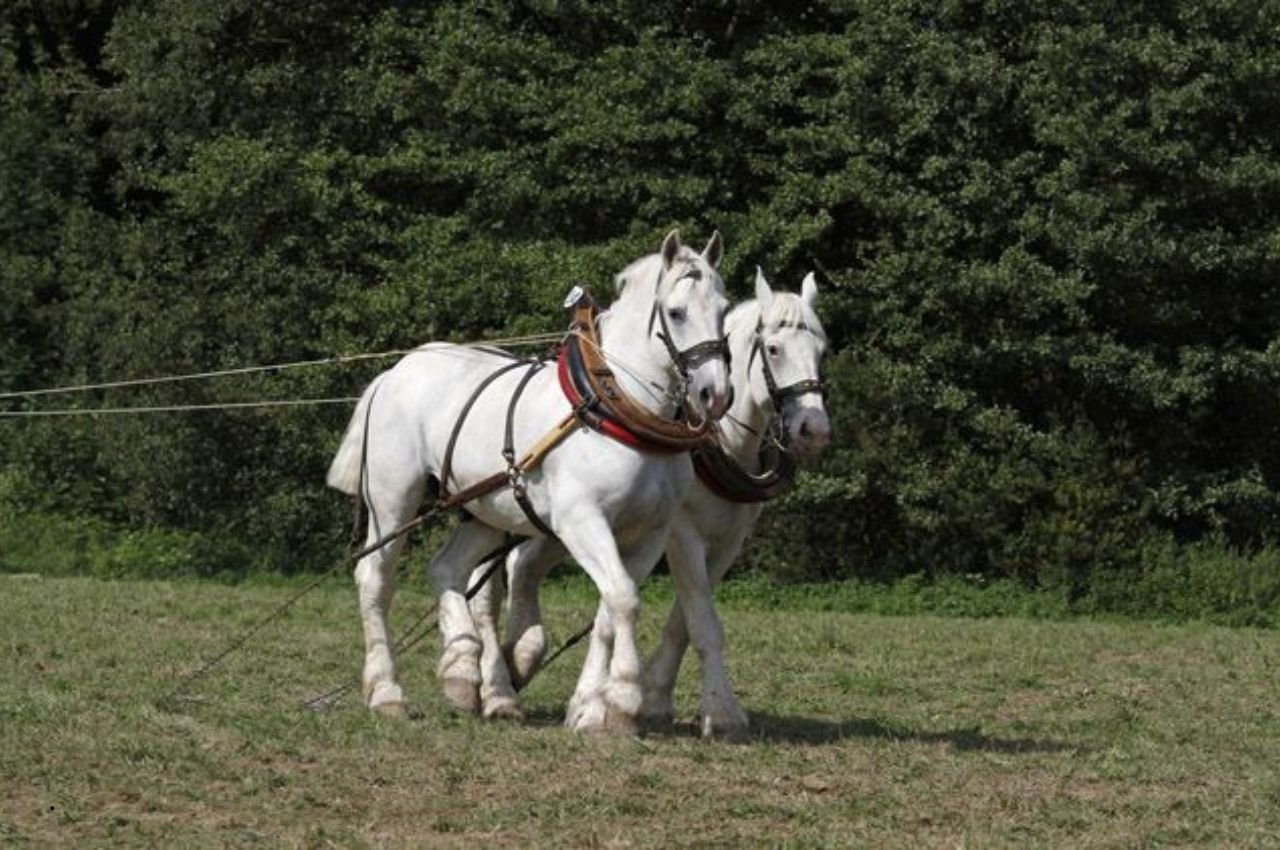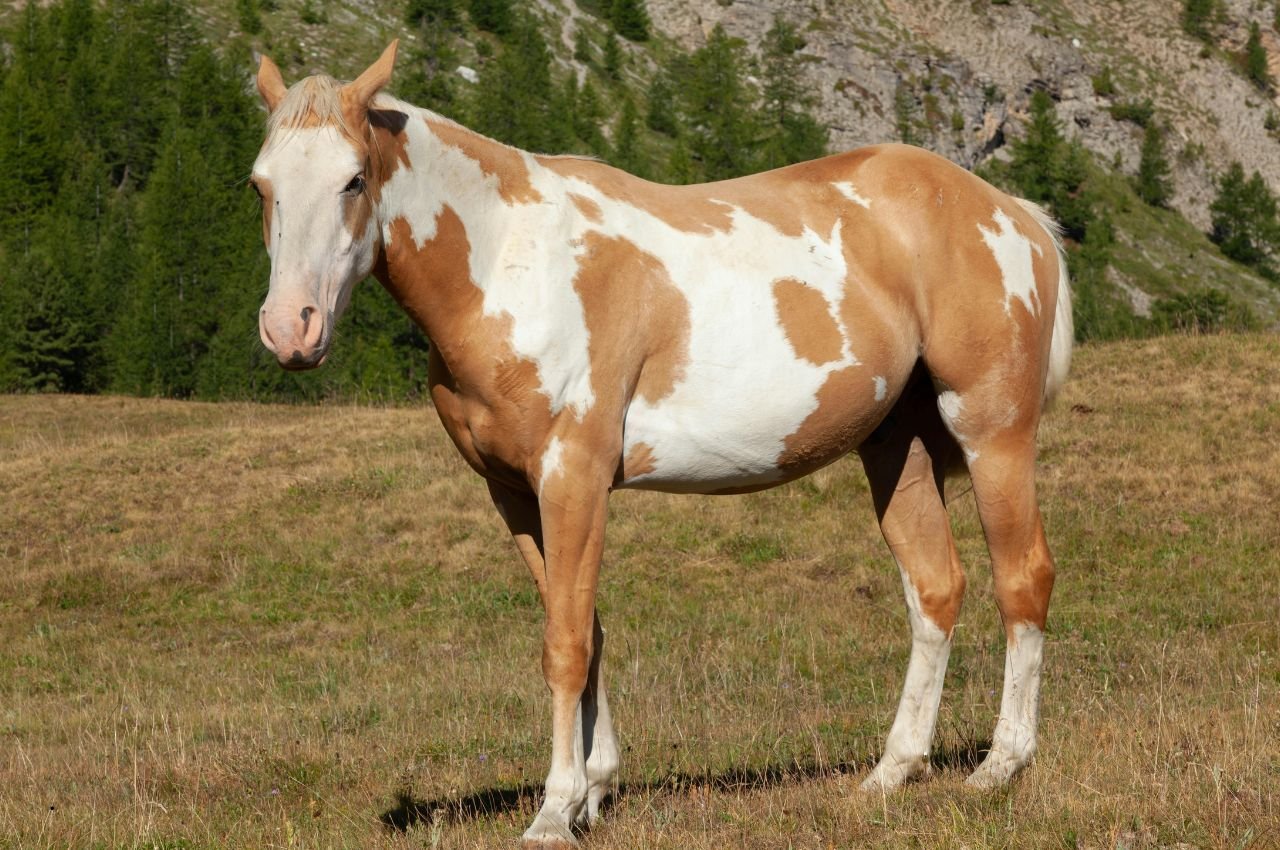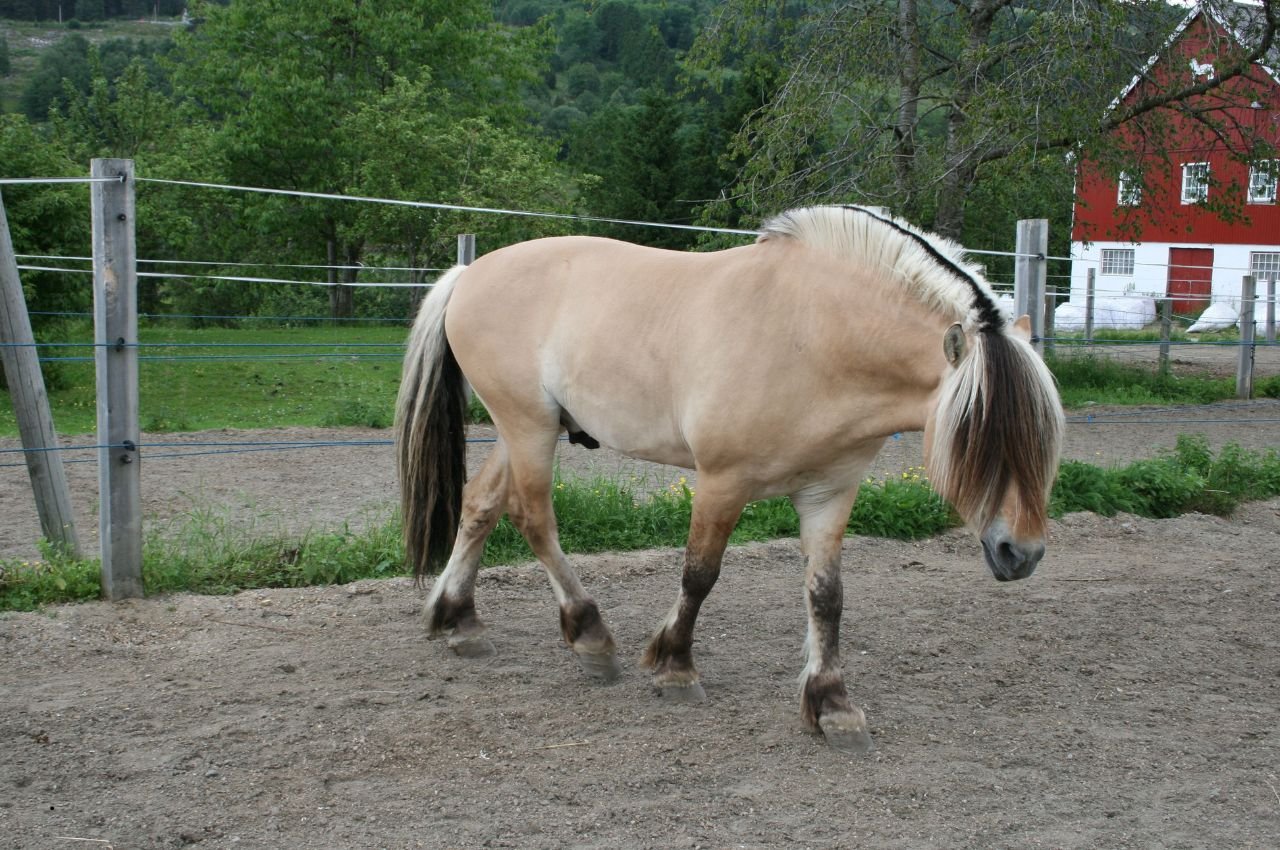Introduction: The Rising Tide of Equine Herbal Medicine
The equine supplement industry has experienced explosive growth in recent decades, mirroring trends in human healthcare. Horse owners increasingly turn to herbal supplements seeking natural alternatives to conventional medications, driven by desires for holistic care and fewer side effects. However, beneath the marketing claims and anecdotal success stories lies a complex landscape where traditional wisdom meets modern science—often with mixed results.
The reality is sobering: despite their widespread use and often hefty price tags, most herbal supplements for horses lack robust scientific validation. This comprehensive guide examines the current state of equine herbal supplementation, separating evidence-based benefits from marketing hype while providing practical guidance for horse owners navigating this complex terrain.
The Scientific Reality: A Critical Gap in Evidence
Limited Research Foundation
The fundamental challenge facing equine herbal supplementation is the scarcity of rigorous scientific research. Unlike human and companion animal supplements, which benefit from extensive clinical trials, equine herbal products operate in a research vacuum. Most claims remain unsubstantiated by peer-reviewed studies, relying instead on extrapolations from human research or isolated laboratory studies.
This research gap exists for several reasons:
- Economic constraints: Conducting clinical trials is expensive, and the equine market, while growing, remains smaller than human or companion animal markets
- Regulatory environment: Horse supplements face minimal regulatory oversight, reducing incentives for expensive validation studies
- Methodological challenges: Equine studies require specialized facilities, trained personnel, and significant financial investment
The Anecdotal Evidence Trap
Horse owners frequently rely on testimonials and personal experiences when choosing supplements. While these accounts shouldn’t be dismissed entirely, they’re susceptible to numerous biases:
- Placebo effect: Owners expecting improvement may perceive benefits that don’t exist
- Confounding variables: Multiple management changes often occur simultaneously, making it impossible to attribute improvements to specific supplements
- Selection bias: Satisfied customers are more likely to share positive experiences than disappointed ones
Evidence-Based Analysis of Popular Herbal Supplements
Devil’s Claw (Harpagophytum procumbens): The Most Promising Option
Devil’s claw stands out as one of the few herbal supplements with meaningful scientific backing for equine use. Native to southern Africa’s Kalahari region, this plant has been used medicinally for centuries, earning its name from the distinctive hook-like projections on its fruit.
Scientific Evidence:
- A 2018 pharmacokinetic study demonstrated that harpagoside, the active compound, enters horses’ bloodstream within 30 minutes of administration
- Human clinical trials show pain reduction and improved joint mobility equivalent to conventional analgesics
- Laboratory studies confirm significant anti-inflammatory properties
Mechanism of Action: Devil’s claw contains high concentrations of harpagoside, an iridoid glycoside with proven anti-inflammatory effects. The compound appears to inhibit several inflammatory pathways, including cyclooxygenase and lipoxygenase enzymes.
Practical Applications: Most commonly used in joint support formulations, devil’s claw may benefit horses with:
- Osteoarthritis
- General joint stiffness
- Exercise-related inflammation
Safety Considerations:
- May increase gastric acid secretion, potentially problematic for horses with ulcer history
- No established equine-specific dosing guidelines
- Limited long-term safety data
Turmeric (Curcuma longa): Popular but Problematic
Turmeric has gained enormous popularity in equine circles, largely based on extensive human research demonstrating curcumin’s anti-inflammatory and antioxidant properties. However, the leap from human to equine application isn’t straightforward.
The Bioavailability Challenge: Curcumin, turmeric’s primary active compound, suffers from notoriously poor bioavailability. In humans, this is partially addressed through combination with piperine (black pepper extract) or specialized formulations. However, equine-specific bioavailability studies remain limited.
Recent Research Findings: A significant 2024 study involving twelve Thoroughbred horses challenged previous concerns about turmeric causing gastric ulcers. Researchers found that feeding 12 grams daily—a relatively high dose—neither caused equine gastric ulcer syndrome (EGUS) nor worsened existing ulcers. In fact, some evidence suggested potential protective effects.
Survey Data: According to recent horse owner surveys, turmeric is most commonly used for:
- Osteoarthritis management (61% of users)
- Lameness-related issues (31% of users)
- General anti-inflammatory support
Safety Profile: Current research suggests turmeric is relatively safe for horses when used appropriately, though long-term effects remain unstudied.
Echinacea: Immune System Support with Limited Validation
Echinacea, derived from North American coneflowers, enjoys a reputation as an immune system booster. While human studies show mixed results, equine research is more encouraging but still limited.
Scientific Evidence: A 2002 Canadian study found that echinacea extract:
- Increased red blood cell and hemoglobin levels in healthy horses
- Stimulated white blood cell function
- Potentially enhanced athletic performance markers
Active Compounds: Echinacea’s effects stem from several bioactive compounds:
- Caffeic acid derivatives
- Polysaccharides
- Alkamides
Cautions:
- May interact with certain medications by altering liver enzyme activity
- Potential allergic reactions in horses sensitive to plants in the daisy family
- No established equine dosing guidelines
Milk Thistle (Silybum marianum): Liver Support Claims
Milk thistle has gained attention for its purported liver-protective properties, with the active compound silymarin showing promise in human studies for various liver conditions.
Mechanism and Benefits: Silymarin appears to:
- Protect liver cells from toxins
- Reduce inflammation
- Support liver regeneration
- Provide antioxidant effects
Equine Applications: While human research is extensive, equine-specific studies are lacking. Horse owners typically use milk thistle for:
- Horses on medications potentially affecting liver function
- Animals with suspected liver issues
- General liver support
Safety Profile: Generally well-tolerated in humans with minimal side effects. Equine safety data remains limited.
Ginseng: Performance Enhancement Claims
Various ginseng species (American, Asian, and Siberian) are marketed for stress reduction and performance enhancement in horses, despite limited supporting research.
Limited Research: A 2007 University of Guelph study found that horses receiving low-dose ginseng supplementation showed increased antibody responses to equine herpesvirus vaccination, suggesting potential immune system benefits.
Marketing vs. Reality: Despite widespread marketing as performance enhancers and stress reducers, scientific validation for these claims in horses remains largely absent.
Garlic (Allium sativum): Popular but Potentially Dangerous
Garlic ranks among the most widely used herbal supplements in the horse industry, primarily for insect repellent properties and perceived antibiotic effects.
Scientific Concerns: Laboratory studies confirm that garlic compounds can:
- Kill certain bacteria
- Reduce blood platelet aggregation
- Affect blood clotting mechanisms
Safety Red Flags: A critical 2005 study revealed that horses will voluntarily consume enough garlic to cause toxicity, including:
- Heinz body anemia
- Oxidative damage to red blood cells
- Potential serious health consequences
Myth Busting: Despite popular belief, no scientific evidence supports garlic as a natural dewormer. Relying on garlic instead of proven anthelmintics puts horses at risk for parasitic infections.
Other Notable Herbs
Ginger (Zingiber officinale):
- 2009 Rutgers University research showed reduced recovery times from exercise
- Concerning increase in pro-inflammatory proteins also observed
- Potential gastrointestinal irritation in susceptible horses
Valerian (Valeriana officinalis):
- Marketed as a calming supplement
- Banned by major equestrian organizations (FEI, USEF)
- No scientific validation for claimed effects in horses
Rose Hip (Rosa spp.):
- High in vitamin C when fresh
- Most vitamin C lost during processing
- Horses naturally produce adequate vitamin C, making supplementation questionable
- 2012 Danish study showed increased antioxidant activity in harness horses
Yucca (Yucca schidigera):
- Contains saponins with theoretical anti-inflammatory properties
- 2012 English study found reduced stable ammonia levels
- No reliable efficacy data for therapeutic claims
Regulatory Landscape and Quality Control Issues
The Supplement Regulation Gap
Unlike prescription medications, herbal supplements for horses operate in a largely unregulated environment. This regulatory vacuum creates several problems:
Quality Control Concerns:
- No standardized manufacturing requirements
- Inconsistent active ingredient concentrations
- Potential contamination with prohibited substances
- Lack of bioavailability testing
Label Accuracy Issues:
- Claims often exceed scientific evidence
- Dosing recommendations based on guesswork rather than research
- Misleading “natural” and “safe” marketing
Competition Considerations
For horses competing in sanctioned events, herbal supplements present significant risks:
Prohibited Substances: Many equestrian organizations maintain extensive banned substance lists that may include:
- Specific herbal compounds
- Contaminants from poor manufacturing
- Substances that could alter performance or demeanor
Testing Concerns:
- Natural doesn’t mean legal in competition
- Some herbs may test positive for prohibited substances
- Risk of disqualification and sanctions
Safety Considerations and Risk Assessment
Understanding Herb-Drug Interactions
Herbal supplements can interact with conventional medications in several ways:
Pharmacokinetic Interactions:
- Altering drug absorption, distribution, metabolism, or elimination
- Competing for the same metabolic pathways
- Inducing or inhibiting liver enzymes
Pharmacodynamic Interactions:
- Additive or opposing effects at target tissues
- Enhanced side effects when combined with similar medications
Vulnerable Populations
Certain groups of horses may face increased risks from herbal supplementation:
Pregnant and Lactating Mares:
- Limited safety data for most herbs during reproduction
- Potential effects on fetal development
- Unknown impacts on milk production and quality
Young Horses:
- Developing organ systems may be more susceptible to adverse effects
- Different metabolism compared to mature horses
Horses with Medical Conditions:
- Liver or kidney disease may affect herb metabolism
- Gastrointestinal conditions may be exacerbated by certain herbs
- Compromised immune systems may react unpredictably
Evidence-Based Recommendations for Horse Owners
Before Considering Herbal Supplements
- Veterinary Consultation:
- Discuss any health concerns with a qualified equine veterinarian
- Ensure proper diagnosis before attempting treatment
- Review all current medications and supplements
- Realistic Expectations:
- Understand that scientific evidence is limited for most products
- Be skeptical of dramatic claims or “miracle cures”
- Recognize that improvement may be coincidental rather than causal
- Cost-Benefit Analysis:
- Consider the financial investment versus proven benefits
- Evaluate whether conventional treatments might be more effective
- Factor in potential risks and side effects
If Choosing to Use Herbal Supplements
- Product Selection:
- Choose reputable manufacturers with quality control standards
- Look for products with standardized active ingredient concentrations
- Avoid products making unrealistic claims
- Starting Protocols:
- Begin with minimal effective doses
- Introduce one supplement at a time
- Monitor for adverse reactions carefully
- Documentation:
- Keep detailed records of all supplements given
- Note any changes in behavior, performance, or health
- Track costs and perceived benefits
- Regular Evaluation:
- Periodically assess whether supplements are providing benefits
- Consider discontinuing products that don’t show clear value
- Adjust protocols based on changing needs
The Future of Equine Herbal Supplementation
Research Directions
Several areas show promise for advancing our understanding of equine herbal supplementation:
Bioavailability Studies:
- Understanding how horses absorb and metabolize different compounds
- Developing formulations optimized for equine physiology
- Identifying optimal dosing regimens
Controlled Clinical Trials:
- Rigorous testing of popular supplements
- Standardized outcome measures
- Long-term safety assessments
Mechanistic Research:
- Understanding how herbs work at the cellular and molecular level
- Identifying biomarkers for efficacy
- Predicting which horses might benefit most
Industry Evolution
The equine supplement industry is gradually evolving toward greater scientific rigor:
Quality Standards:
- Voluntary certification programs
- Third-party testing initiatives
- Improved manufacturing standards
Evidence-Based Marketing:
- Increasing emphasis on scientific validation
- More transparent labeling practices
- Realistic claim substantiation
Conclusion: Navigating the Complex Landscape
Herbal supplements for horses occupy a challenging position between traditional wisdom and modern science. While some products show genuine promise—particularly devil’s claw for joint support and echinacea for immune function—the vast majority lack adequate scientific validation.
Horse owners considering herbal supplementation should approach these products with informed skepticism, realistic expectations, and proper veterinary guidance. The appeal of natural solutions is understandable, but the absence of rigorous testing means that both benefits and risks remain largely unknown.
The most responsible approach involves:
- Consulting with knowledgeable equine veterinarians
- Focusing on proven management practices for horse health
- Using supplements judiciously, if at all
- Supporting research efforts that will eventually provide better guidance
As the industry matures and research expands, we may eventually see herbal supplements that live up to their marketing promises. Until then, caveat emptor—buyer beware—remains the most appropriate advice for horse owners navigating this complex and often confusing marketplace.
The key to responsible supplement use lies in balancing open-mindedness with healthy skepticism, always prioritizing horse welfare over marketing hype or wishful thinking. Only through this measured approach can we hope to separate the wheat from the chaff in the world of equine herbal supplementation.
This article is for educational purposes only and should not replace professional veterinary advice. Always consult with a qualified equine veterinarian before making changes to your horse’s health management program.

